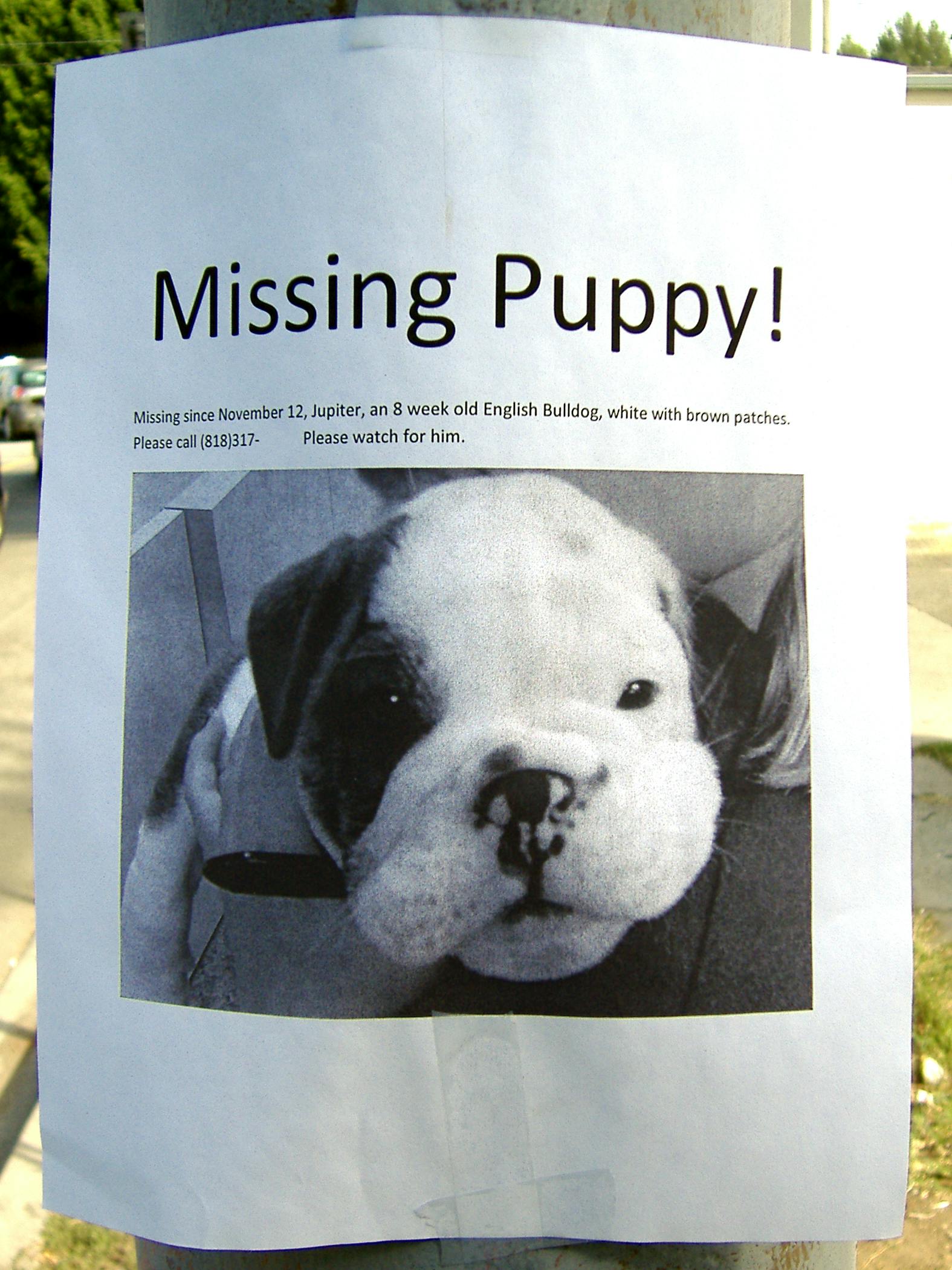A recent study by CareerBuilder showed that 21 percent of employers are using social media to recruit and research potential employees.
Doesn’t that seem like a small percentage? Do you really feel over 75 percent of employers are just using traditional means (job boards, newspapers, referral programs, head hunters, etc.) to recruit their talent? No Facebook, No Twitter, No LinkedIn? Is it even possible?
I’ll take it one step further: How many employers do you think at this point are into just “Post and Pray”? You know what I mean; they put up the job description on their website, or on the bulletin board outside the cafeteria, and just hope that the best talent is going to somehow find them.
Could we agree that it’s probably in the neighborhood of 10-15 percent, for argument sake? That’s probably realistic, right? I mean, if 75 percent don’t even use social media to recruit, there has to be at least 10 percent that just “Post and Pray,” and hope for the best, right?
What would yo do if you lost your dog?
I call this type of recruiting – the 10 percenters – Lost Dog Recruiting (don’t try and steal this; I made it up, and will sue you for sure!).
What is Lost Dog Recruiting? First, let me run you through a little scenario. If you lost your dog, your family’s best friend, your kids’ playmate, your home protector, what lengths would you go through to have the dog returned to you safely? You would make posters, hang them up all over town, offer a reward, visit the animal shelters, go up and down every neighborhood looking and searching. There probably isn’t much that you wouldn’t do to find your dog.
So, what do you do when you “Post and Pray”? You put up a job description on an internal website and you hope, and pray, that someone will see it and all of your prayers will be answered.
If you did this for your Lost Dog, it would be like putting a poster on the front door of your house and hoping that someone walks by that has seen your dog and tells you how to get your dog back. There really isn’t any difference.
You might actually have more success as an employer if you put up a poster on the front door of your establishment! The nice part of all this is that you can change it for the positive, and it’s real easy and can be real cheap (a financial phrase I know all HR folks like!).
You need to start thinking about your recruiting strategy as if you just lost your dog. Simplistic? Yes, but let’s face it — we aren’t trying to build the space shuttle, we’re trying to track down individuals who are willing to come work for our organizations with unemployment hovering around 10 percent nationally.
What would you do to find the candidates your organization needs? What resources are you willing to dedicate for the search, and to what lengths is your organization willing to go to find the best talent?
When you start looking at it in this manner, the answers start to flow very quickly because there are so many things you can do, and many are either no cost, or very low cost.
2 reasons social media makes sense in recruiting
I’ll advocate the use of social media tools, for two reasons:
- They’re cheap; and,
- They’re easy to learn how to use.
I’m not naïve to think the that “10 percenters” are the most technology savvy group in the world. They probably aren’t, but if you can do a Google search, or if you can use Facebook, Twitter, and LinkedIn, that will be a good start.
And by the way, all of those tools are free (another financial term I know HR folks like!). You can also boost your internal referral program – many companies don’t offer money – and get creative by giving an extra day off if one of your employees refer a candidate you hire.
At the end of the day, HR Pros should be able to look their executives in the eye and be able to tell them: I did more to find great talent for this organization than I did to find my lost dog.
One final piece of advice; just as in finding a lost dog, people love a story (my 6 year-old daughter hasn’t stopped crying since Rocky was lost). What is your organization’s story? Why should someone find you?
